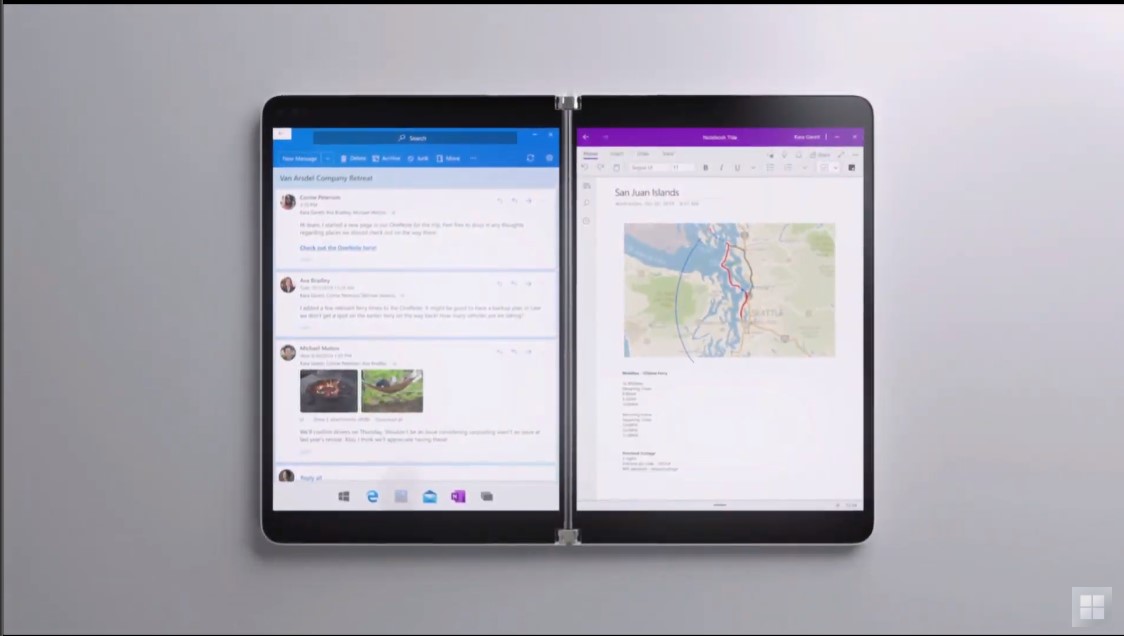Windows 10X could go big on voice controls
Going by a job listing on LinkedIn

Windows 10X is seemingly looking to seriously improve voice controls, giving more flexibility to dual-screen or foldable devices – and potentially other hardware – driving forward in terms of versatility, and of course accessibility.
Windows Latest has been picking up a lot of clues as to what Microsoft might be planning with Windows 10X by combing through LinkedIn, and this is again the case here, with the tech site spotting a job listing for a Senior Software Engineer to work on voice control in the incoming OS.
- Windows 10 could seriously supercharge your keyboard
- Microsoft Surface Neo: release date, news and features
- How to upgrade to Windows 10 for free
The position based in India, which requires at least three years of experience coding in C++ among other skills, is for the accessibility team which is seeking to build what is described as a “premier voice control experience”, no less.
The job advert states: “This is a brand-new Assistive Technology (AT) on our brand-new OS experience, 10X. This new AT will fully enable mobility impaired users to enjoy and be productive on the 10X OS.”
Cognitive chops
The rest of the listing mentions finding new ways to interact with the operating system, and fresh ways of using the desktop, along with applications too. It also mentions “leveraging cognitive services” for voice commands and control, so that would seemingly refer to machine learning and bringing AI chops into the mix.
In the past, Microsoft has talked about cognitive services APIs which include the likes of speech-to-text capabilities, speech recognition for security and authentication, and the ability to deal with potential issues that could hamper voice controls like background noise.
The job listing gives no clues as to exactly what Microsoft may be planning for Windows 10X in terms of improved voice commands, though, except that these will be used in terms of pushing forward on the accessibility front. Which isn’t surprising as this is something Microsoft has been doing with Windows 10 anyway, implementing measures like eye tracking to pick one prominent example.
Sign up for breaking news, reviews, opinion, top tech deals, and more.
Any improvements with voice commands will doubtless be tied into Microsoft’s digital assistant, Cortana.
- Check out all the best laptops of 2020
Darren is a freelancer writing news and features for TechRadar (and occasionally T3) across a broad range of computing topics including CPUs, GPUs, various other hardware, VPNs, antivirus and more. He has written about tech for the best part of three decades, and writes books in his spare time (his debut novel - 'I Know What You Did Last Supper' - was published by Hachette UK in 2013).